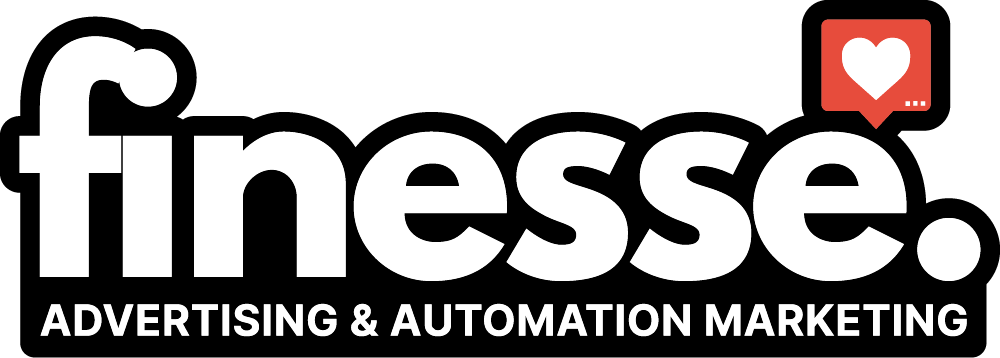For Business Owners & Agencies
Facing Disruptions With Their Advertising
There are several reasons why Facebook suspends accounts, and two main causes could have led to this suspension.
You have violated or appear to have broken a Facebook Ads Policy or something in their terms and conditions.
There is something suspicious in the behavior of your account, be it billing or otherwise.
The process seems quite simple, but the reasons are endless when broken down to the policy level. For most, finding the offense is like finding a needle in a haystack. To explain further, I have listed below the most common suspension types in no particular order concerning Facebook Ads.
The list of items below could be the reason Facebook suspended your account.
Although these aren't all the reasons, the ones listed are the most common. The reasons Facebook gives can often be too vague and can cover the account or site violations. Attempting to reinstate alone can often take time and effort.
Facebook is more apt to believe its system than the one that was suspended by it. We aim to determine why the system suspended you and help make it right.
When appealing, remember that there must be a valid reason for the violation and why it happened in the first place to ensure you won't appear as a repeat offender.
With a vast knowledge of how Facebook runs, their policy, how they think, and how the ads system scans, you will quickly get reinstated. Take the time to read Facebook's policies and run a clean account. Choose the safe option if you need help with what goes with and against the policies.
Appealing alone can often be frustrating because Facebook offers little help. Since people are looking to figure out Facebook's algorithm, they are strict about what information is directly given out.
Violating Facebook’s Ad Policies:
This includes promoting illegal products or services, misleading advertising, and infringing on intellectual property rights.
Suspicious Activity:
Activities such as logging in from different IP addresses, changing payment methods frequently, or drastic budget increases can trigger Facebook’s security systems.
Unusual Payment Activity:
Issues like late payments, using a payment method that doesn’t match the account’s location, or having multiple failed payment attempts can lead to suspensions.
High Negative Feedback:
Receiving a high percentage of negative feedback from users on your ads can result in account suspension.
Repeated Policy Violations:
Continuously violating Facebook’s ad policies, even after warnings, can lead to permanent account disabling.
Unclear or Misleading Landing Pages:
Ads that lead to landing pages that are unclear, misleading, or violate Facebook’s guidelines can cause account suspensions.
Using Prohibited Content:
Ads containing sensational, shocking, or disrespectful content, or those that imply personal attributes, can be flagged and lead to account disabling.
Multiple Accounts:
Managing multiple Facebook accounts, especially if they are used to manage the same business page, can result in suspensions due to policy violations.
Automated System Flags:
Facebook’s automated systems may flag accounts for various reasons, including unusual patterns or activities that seem suspicious, even if they are legitimate.
Failure to Comply with Regional Guidelines:
Ads that do not comply with specific regional guidelines, such as those for regulated products like tobacco or gambling, can lead to account suspensions.
Facebook believes it's up to you to figure out why you got suspended and expects you to fix it alone. Going through your site alone to locate the issue can be very time-consuming, as well as Facebook's support pages which can often be hard to understand for those who aren't advertising experts. No matter the suspension, be cautious not to do anything to compound the problem. Everything done from the point of rest onward can permanently mark your account and do more harm than good for your reinstating.
We are experts with Facebook's policies and an excellent reinstating source. Our fees are fair, response time is fast, easy to work with, and we offer support if a suspension occurs again. The bottom line is that we have the speed, ability, and experience that make us a great choice. We know how to fix Facebook ads suspensions for you!
2 Column
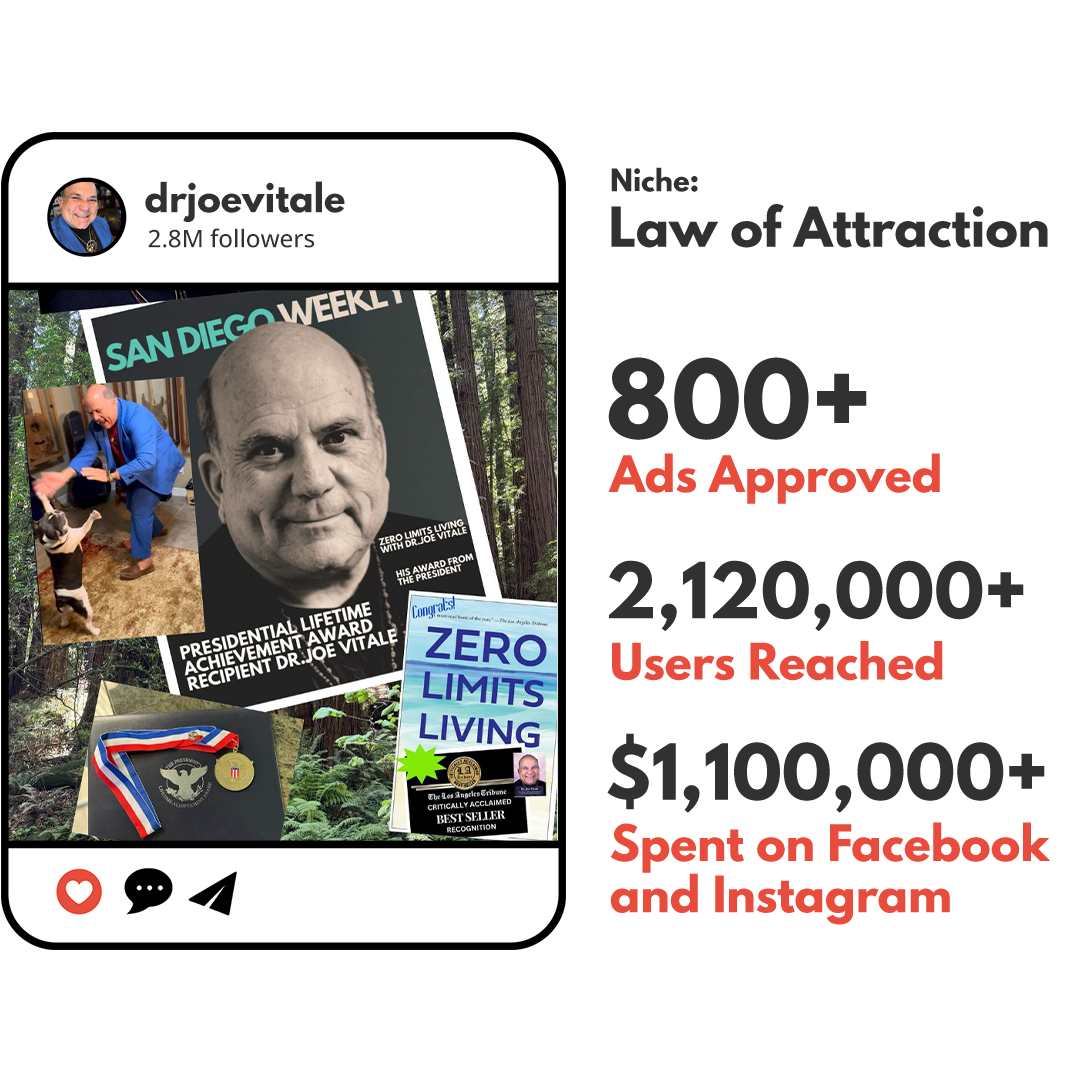
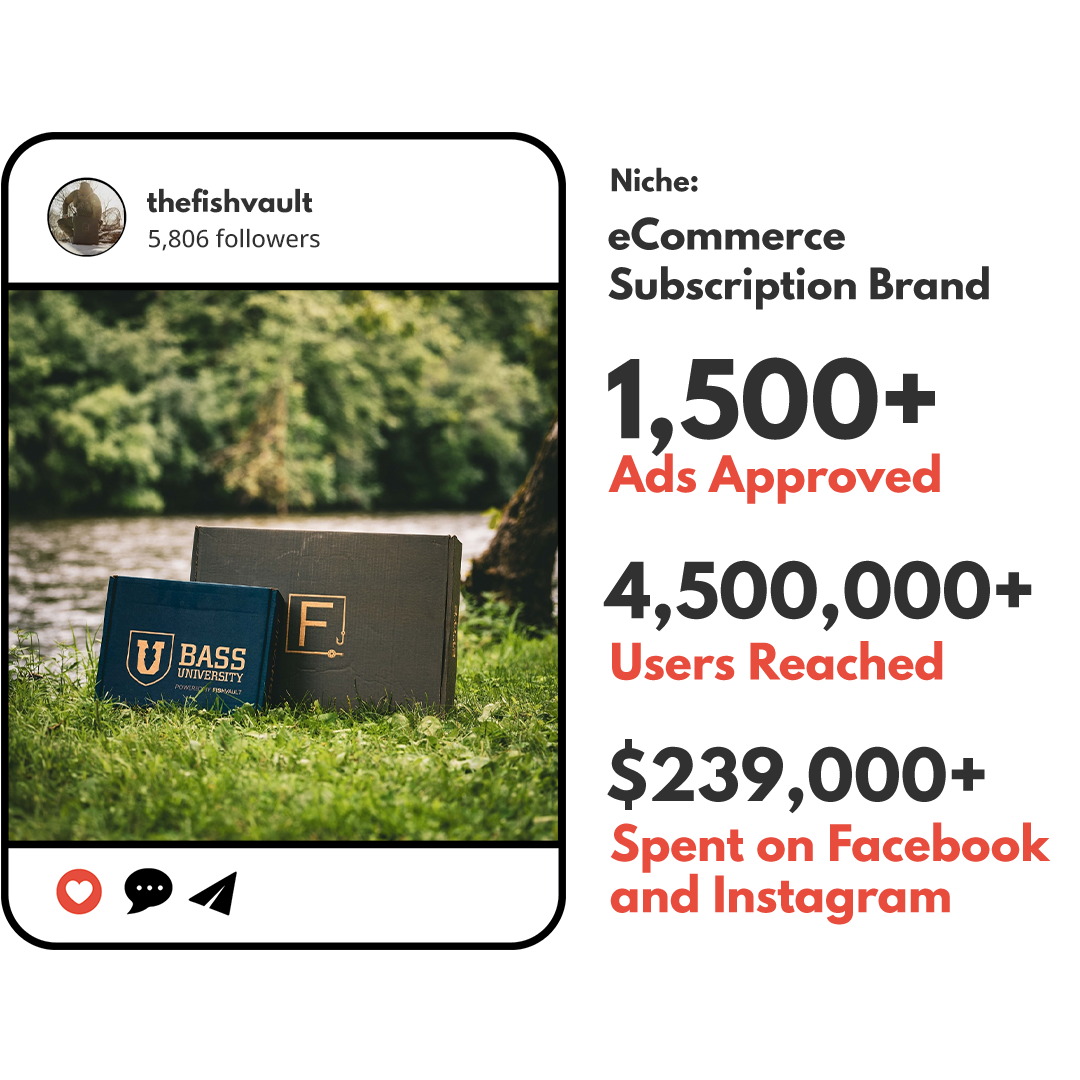

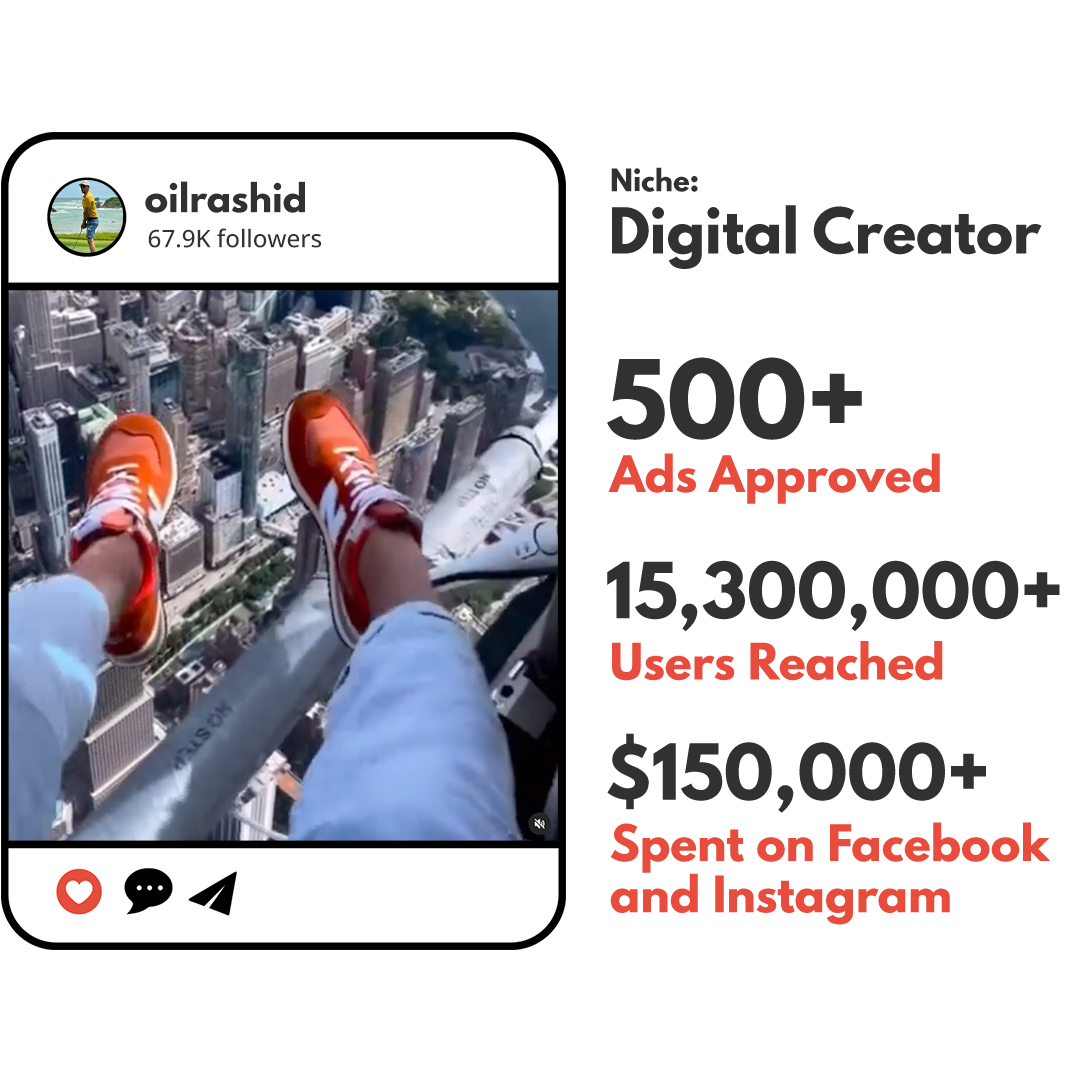

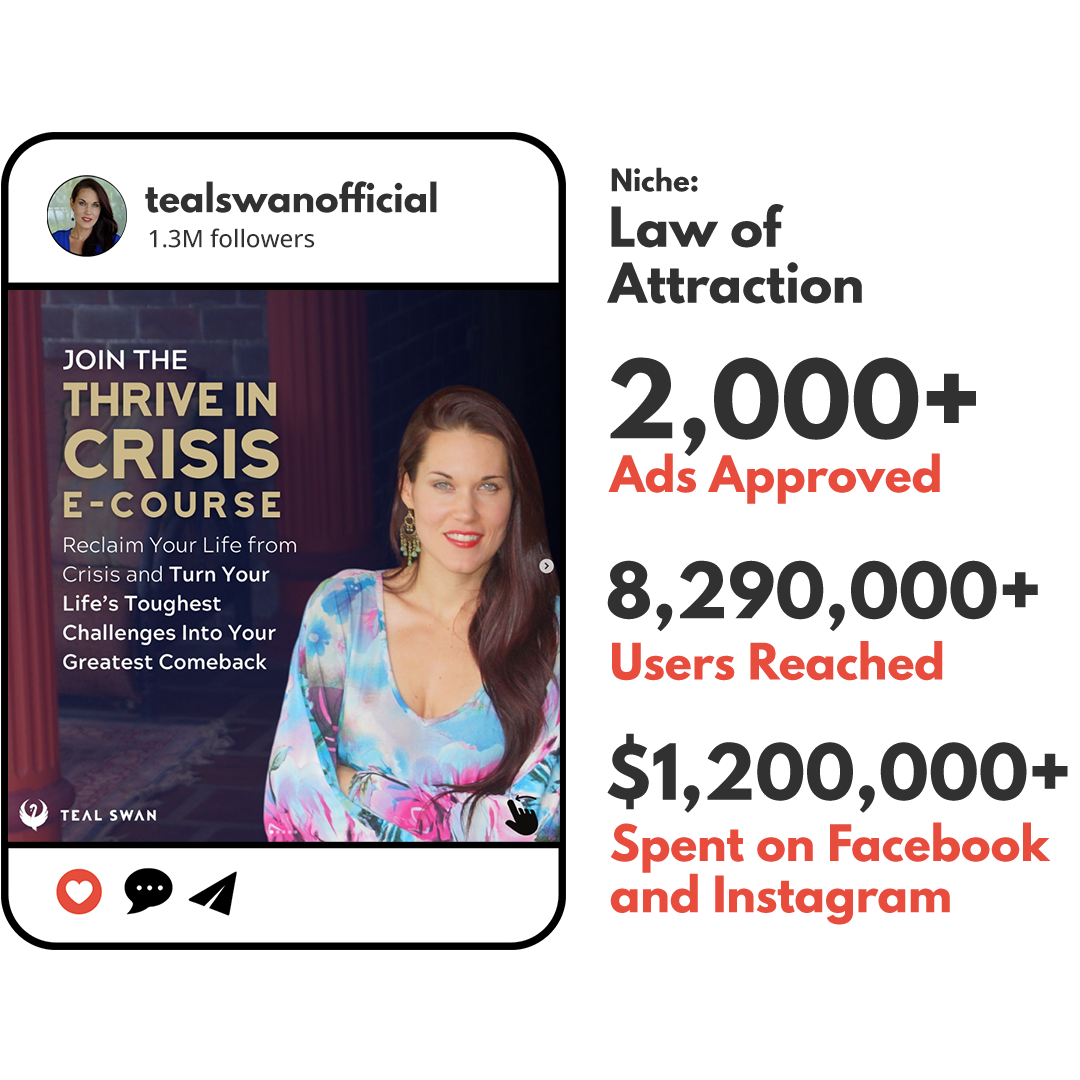

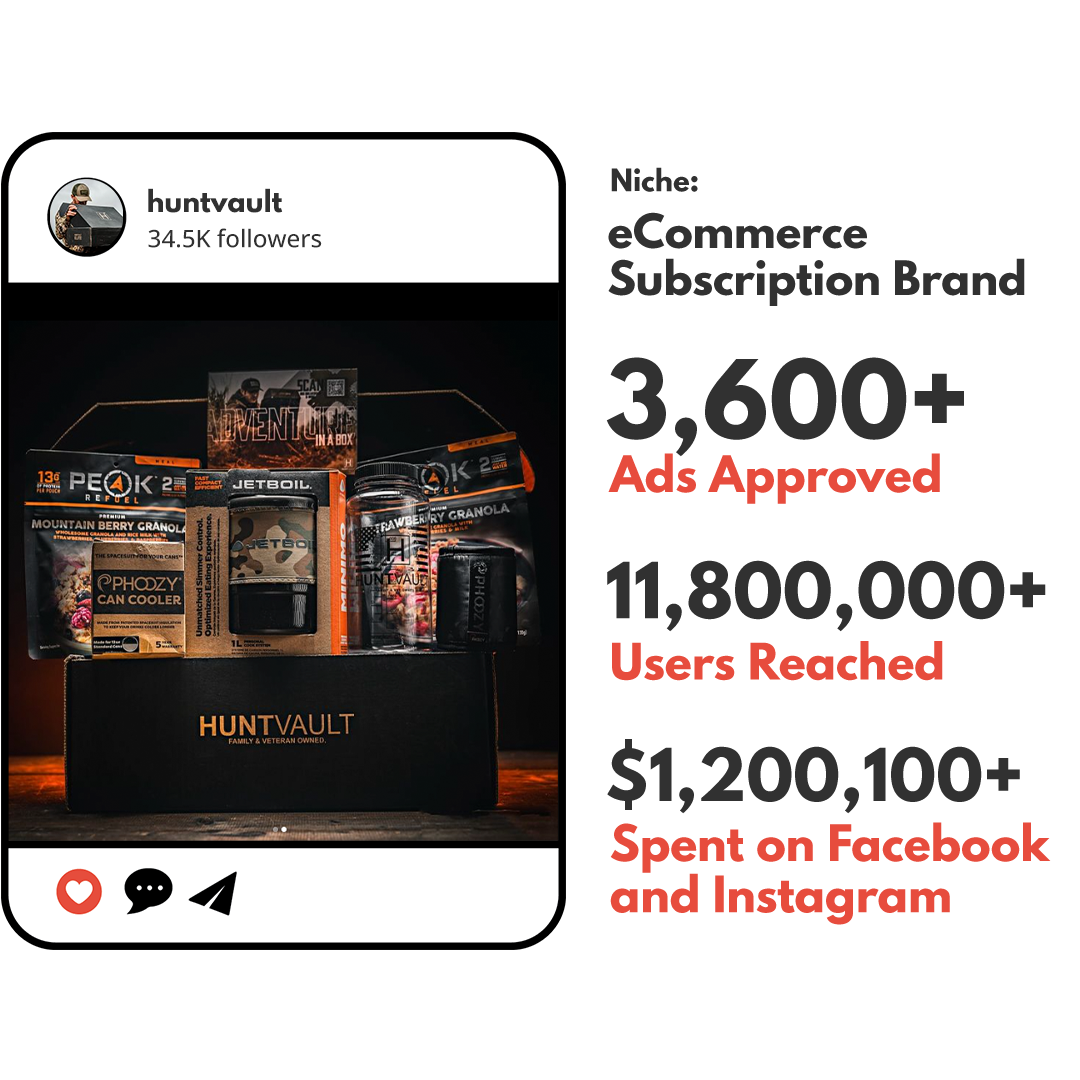
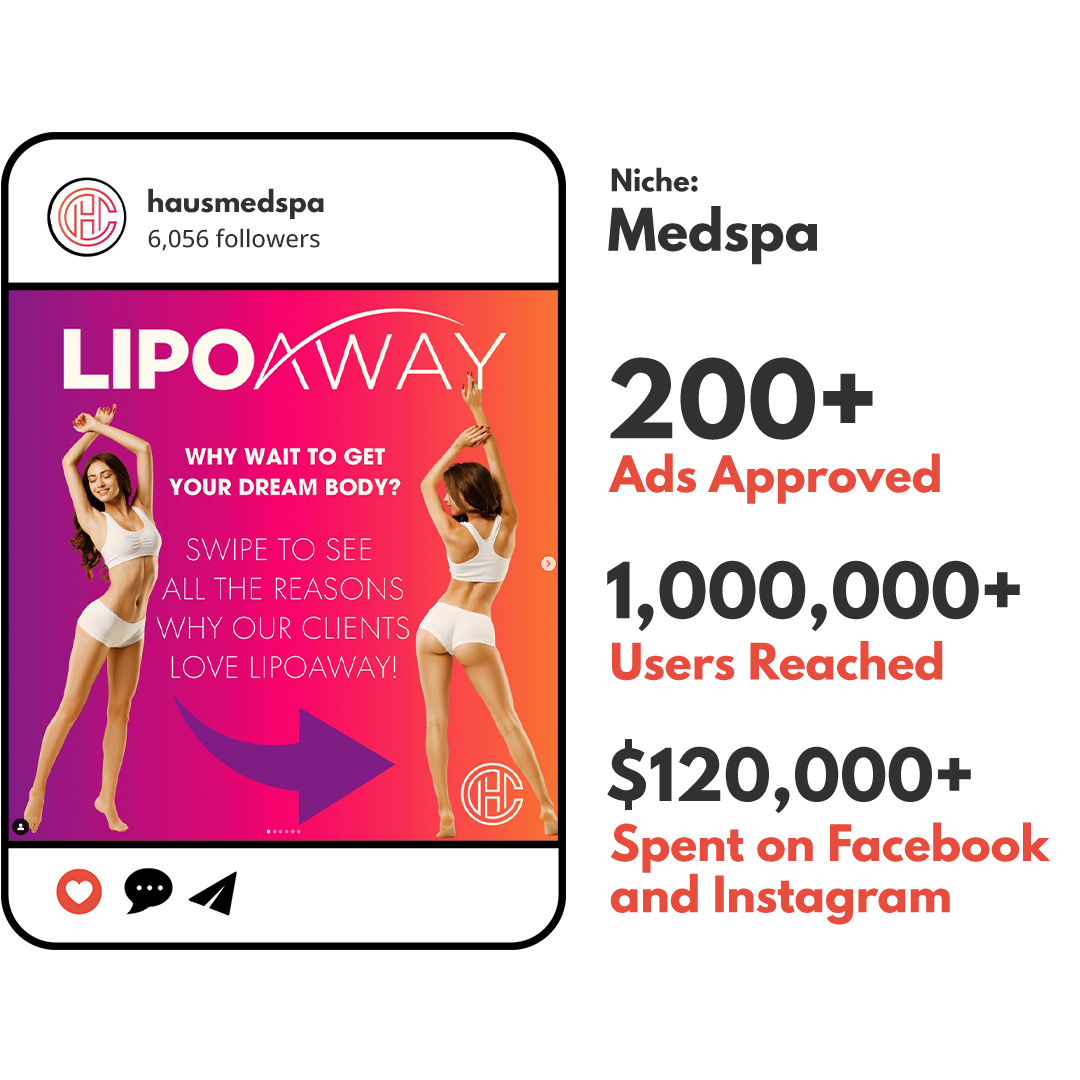
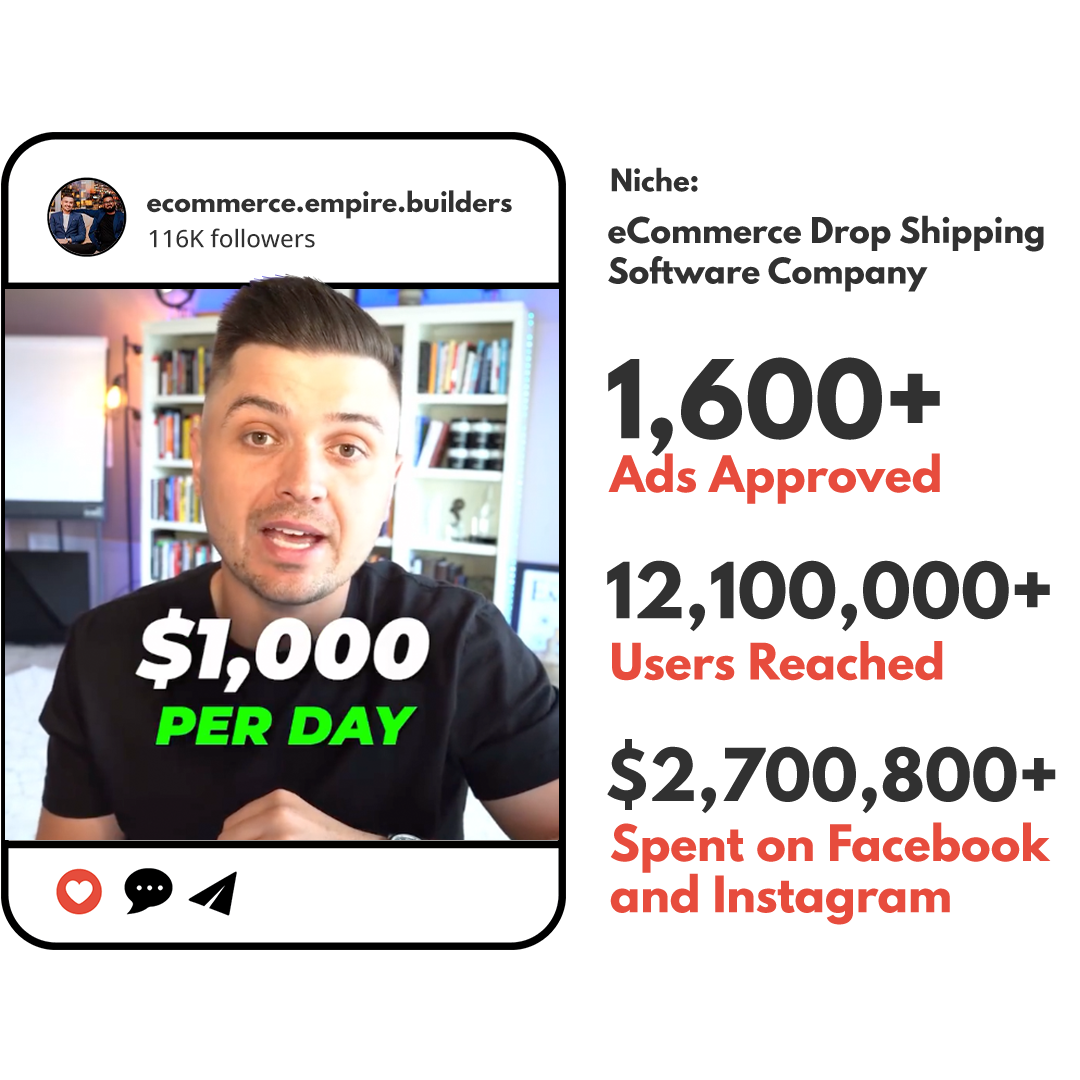
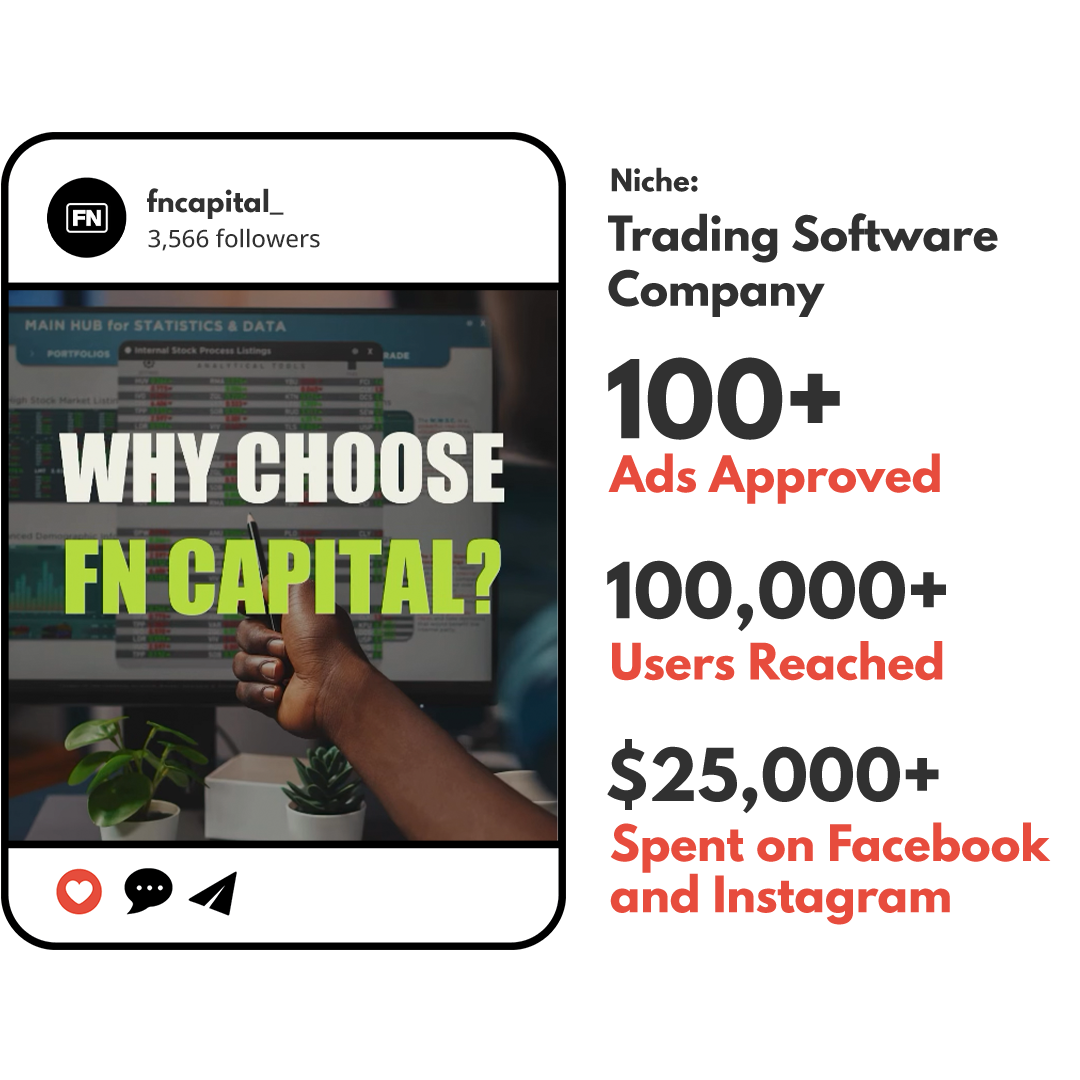
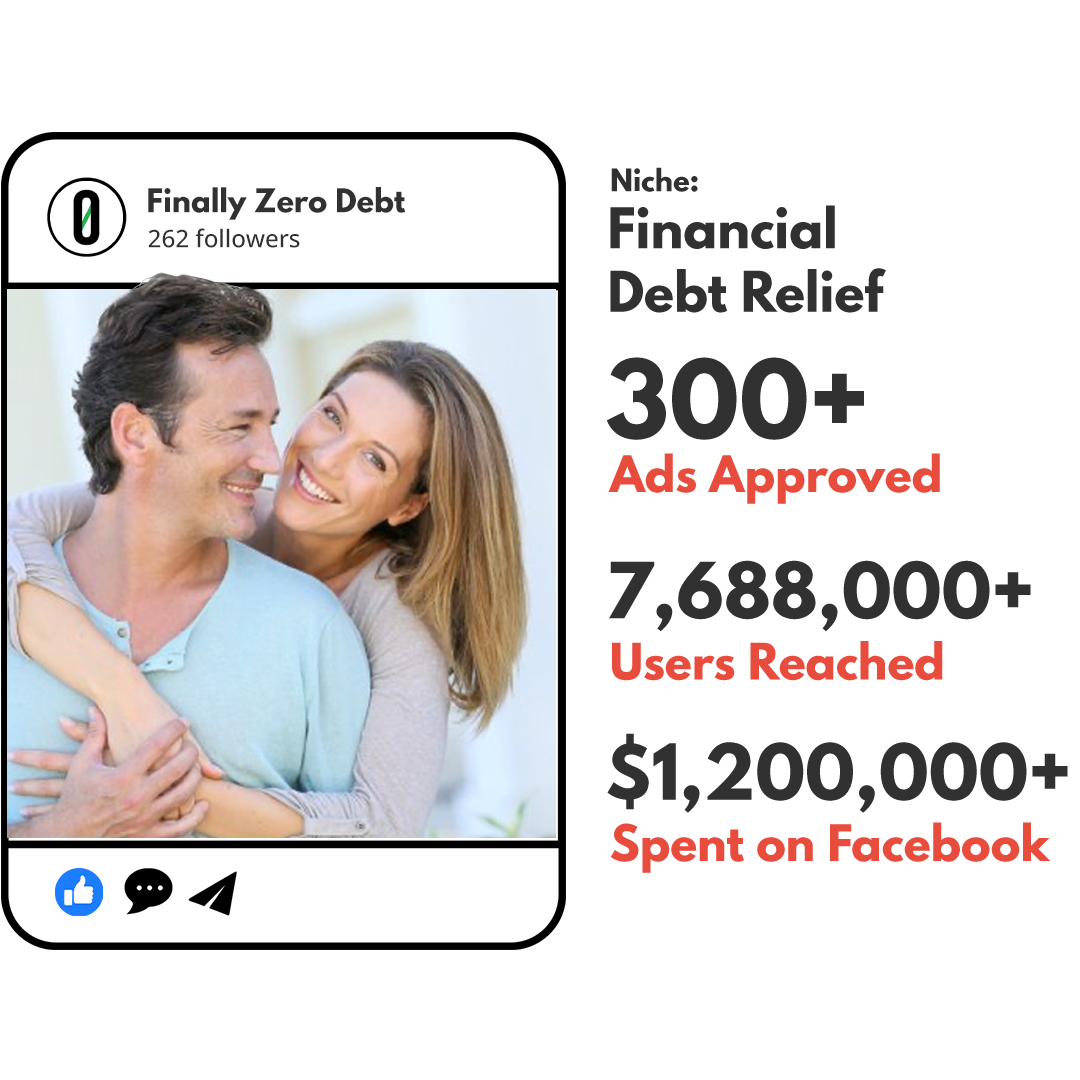
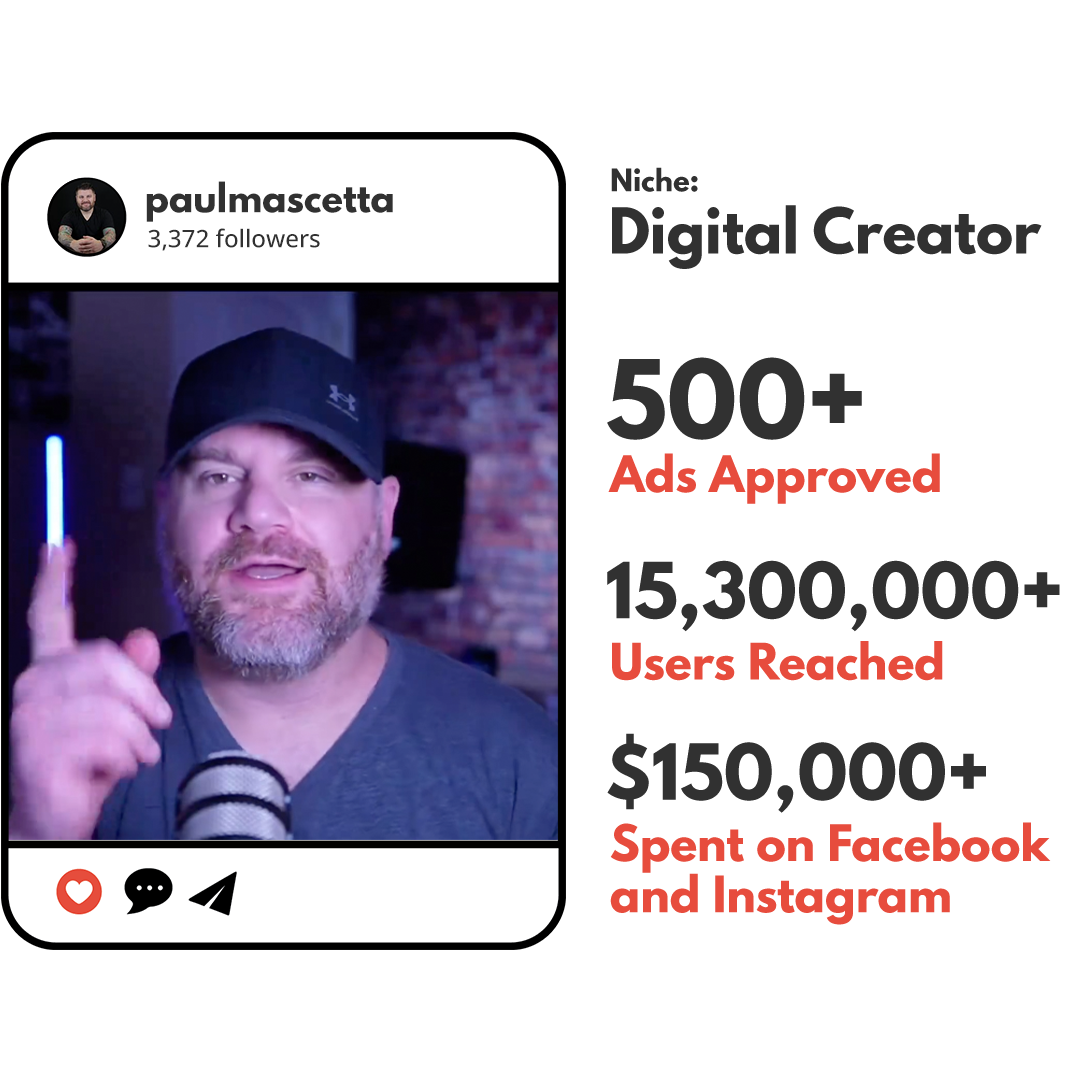
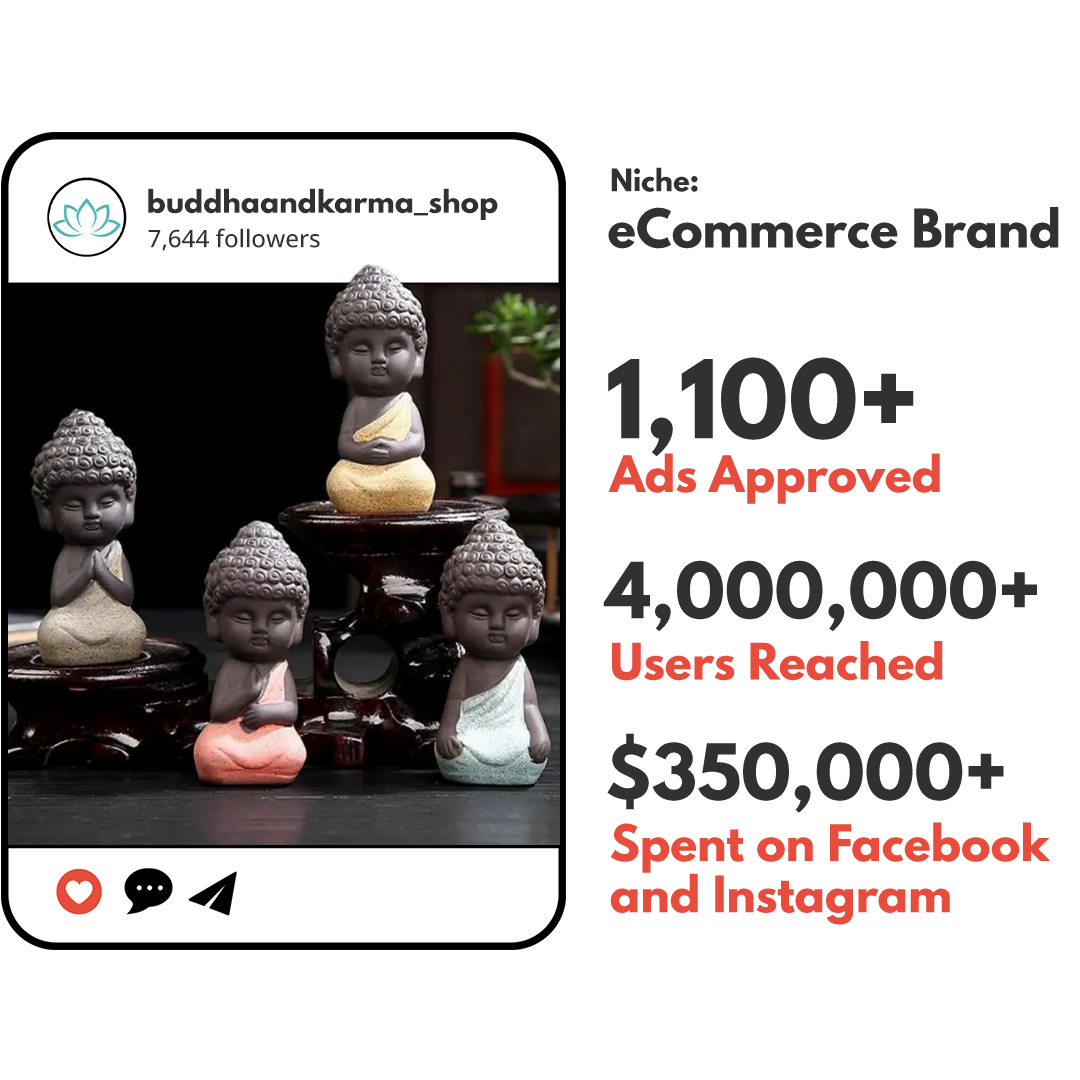
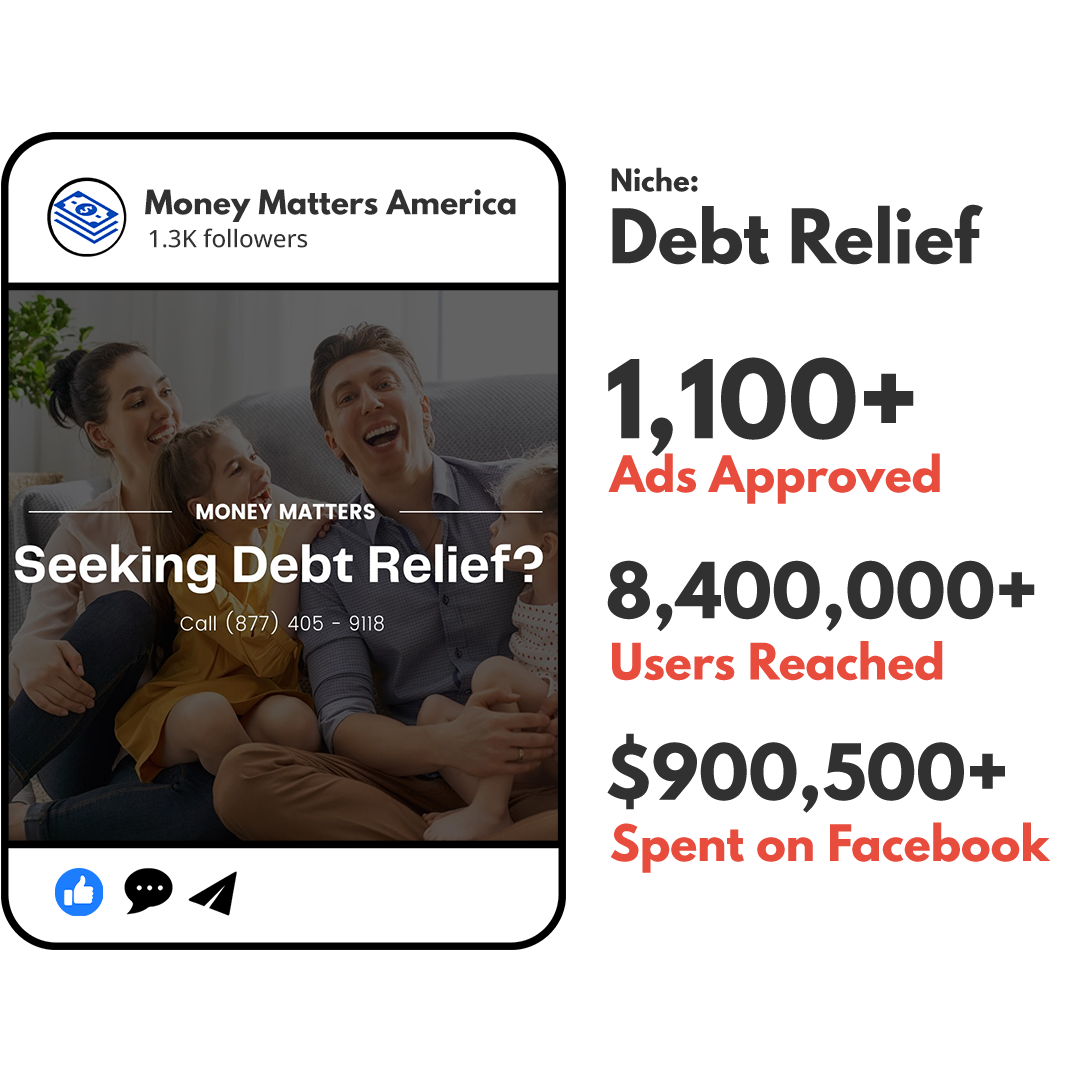
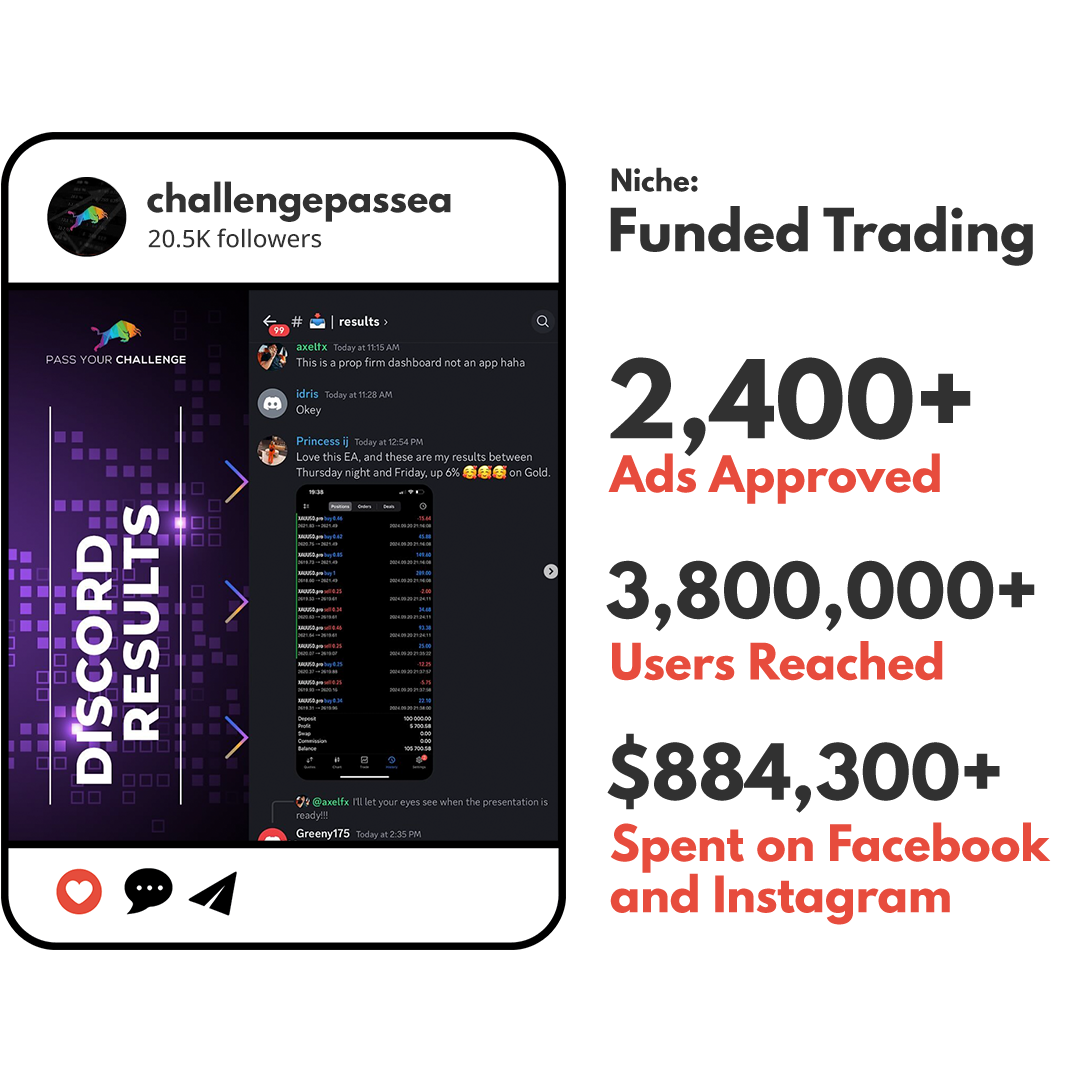
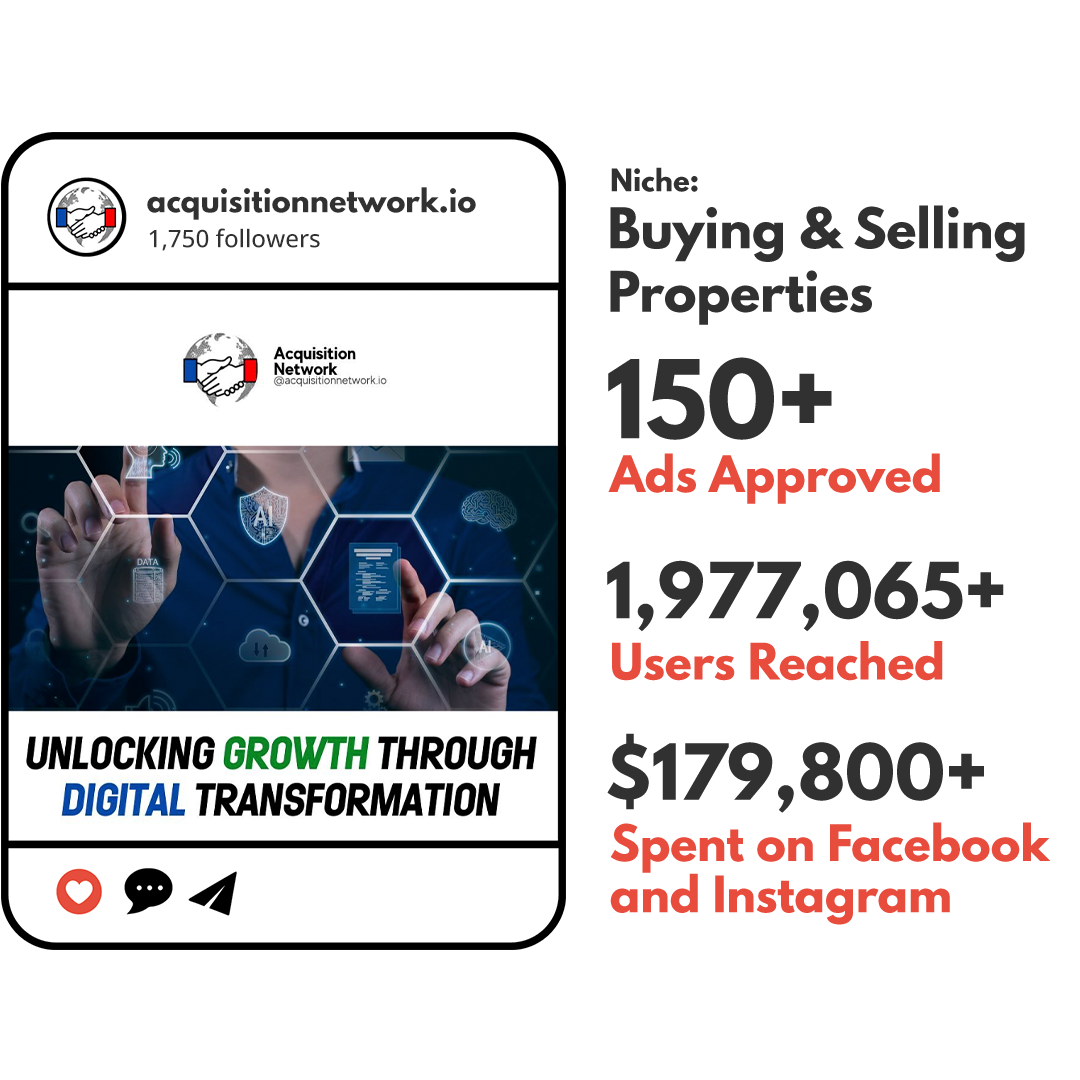

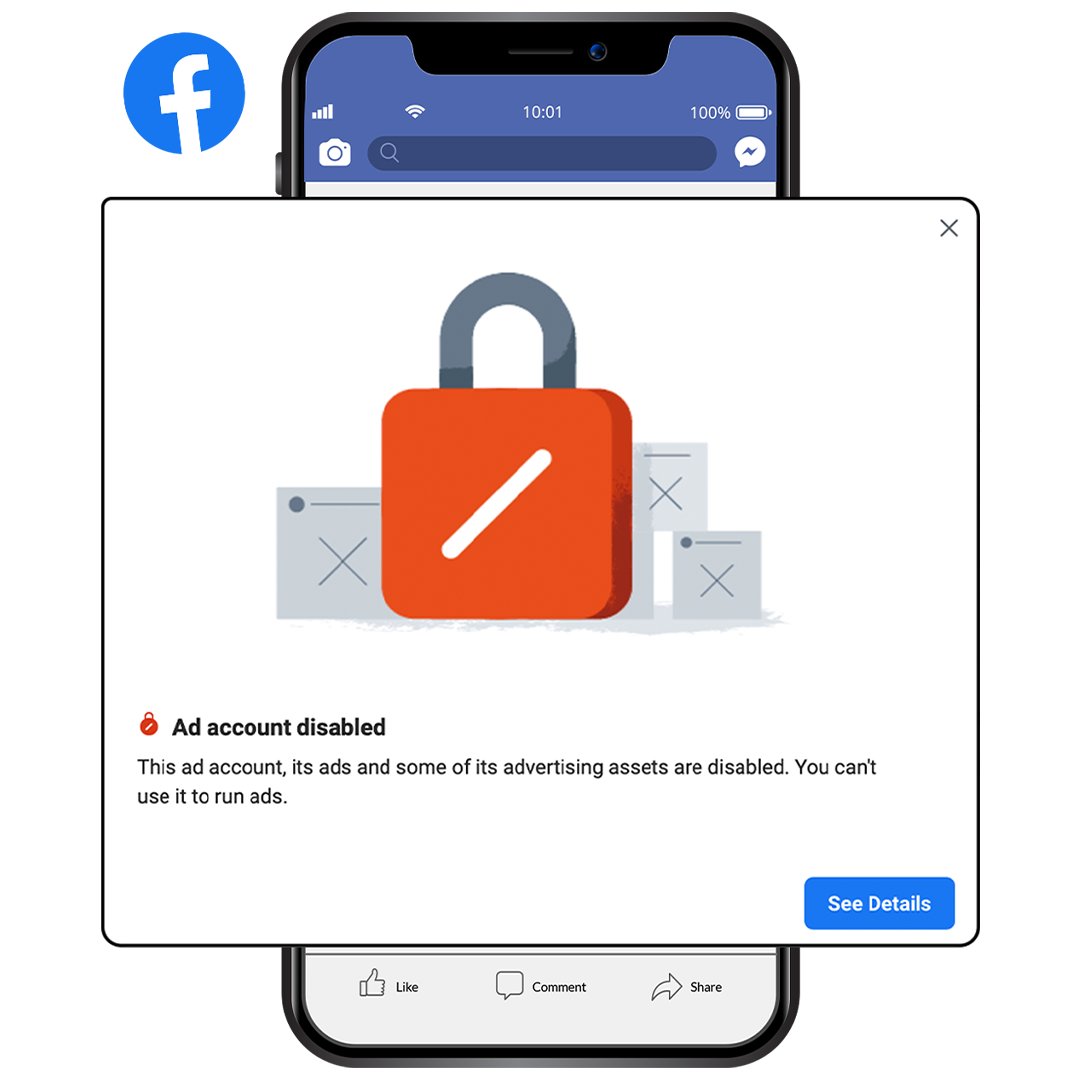
Facebook Agency Ad Accounts
Say goodbye to daily spend limits, account disables, restrictions, and ad rejections.
Unlimited Ad Spend: Scale your campaigns without worrying about daily limits.
Seamless Compliance: Stay compliant with Facebook's policies and avoid disruptions with our support.
Expert Support: Get guidance and support from our team for operational, API & Technical Support
Data-Driven Performance: Harness the power of data for optimal ad performance.

Protecting Your Business from Phishing Messages on Facebook and Instagram
Introduction
In the digital age, social media platforms like Facebook and Instagram are essential tools for businesses to connect with their audience and promote their products or services. However, with the increasing reliance on these platforms comes the risk of phishing attacks and spam messages. Many businesses are experiencing a surge in fake phishing messages claiming that their page is at risk of being suspended. These messages can be alarming and disruptive, but there are effective ways to protect your business. This blog post will explore how to use keyword filters to block incoming spam messages and keep your social media pages secure.
Understanding Phishing Messages
Phishing messages are fraudulent communications that attempt to trick recipients into providing sensitive information, such as login credentials or financial details. On social media, these messages often claim that your page is at risk of being suspended or that you need to verify your account to avoid penalties. The goal is to create a sense of urgency and panic, prompting you to click on malicious links or provide personal information.
The Impact of Phishing Messages on Businesses
Phishing messages can have several negative impacts on your business:
Security Risks: Clicking on malicious links can compromise your account, leading to unauthorized access and potential data breaches.
Reputation Damage: Falling victim to phishing attacks can harm your business's reputation, as customers may lose trust in your ability to protect their information.
Operational Disruptions: Dealing with phishing messages can be time-consuming and distracting, diverting your attention from core business activities.
Using Keyword Filters to Block Phishing Messages
One effective way to protect your business from phishing messages on Facebook and Instagram is to use keyword filters. By setting up filters for specific keywords commonly used in phishing messages, you can automatically block or hide these messages before they reach your inbox. Here's how to do it:
Setting Up Keyword Filters on Facebook
Access Page Settings:
Go to your Facebook page and click on "Settings" in the top right corner.
Navigate to General Settings:
In the left-hand menu, select "General."
Edit Page Moderation:
Scroll down to "Page Moderation" and click "Edit."
Add Keywords:
Enter the keywords you want to filter out. Common phishing keywords include "suspended," "verify," "account," "risk," and "penalty." Separate each keyword with a comma.
Save Changes:
Click "Save Changes" to apply the filters.
Setting Up Keyword Filters on Instagram
Access Privacy Settings:
Open the Instagram app and go to your profile. Tap the three horizontal lines in the top right corner and select "Settings." Then, go to "Privacy."
Navigate to Comments:
Under "Interactions," select "Comments."
Enable Manual Filter:
Toggle on the "Manual Filter" option.
Add Keywords:
Enter the keywords you want to filter out. Use the same keywords as mentioned for Facebook.
Save Changes:
The filters will be applied automatically.
Best Practices for Managing Phishing Messages
In addition to using keyword filters, consider implementing the following best practices to further protect your business from phishing messages:
Educate Your Team: Ensure that all team members are aware of phishing risks and know how to identify suspicious messages.
Enable Two-Factor Authentication: Add an extra layer of security to your social media accounts by enabling two-factor authentication.
Regularly Monitor Messages: Regularly check your message requests and filtered messages to ensure that legitimate communications are not being blocked.
Report Phishing Messages: Report any phishing messages to Facebook and Instagram to help improve their security measures.
Conclusion
Phishing messages are a growing threat to businesses on social media, but with the right precautions, you can protect your accounts and maintain a secure online presence. By using keyword filters to block incoming spam messages and following best practices for managing phishing risks, you can safeguard your business from online threats. Stay vigilant, educate your team, and leverage the tools available to keep your social media pages secure.

© 2024 Ads with Finesse | Terms & Conditions | Privacy Policy
Ads With Finesse continually stays up to date with Meta & Google marketing changes related to policies, tools, products and more.
